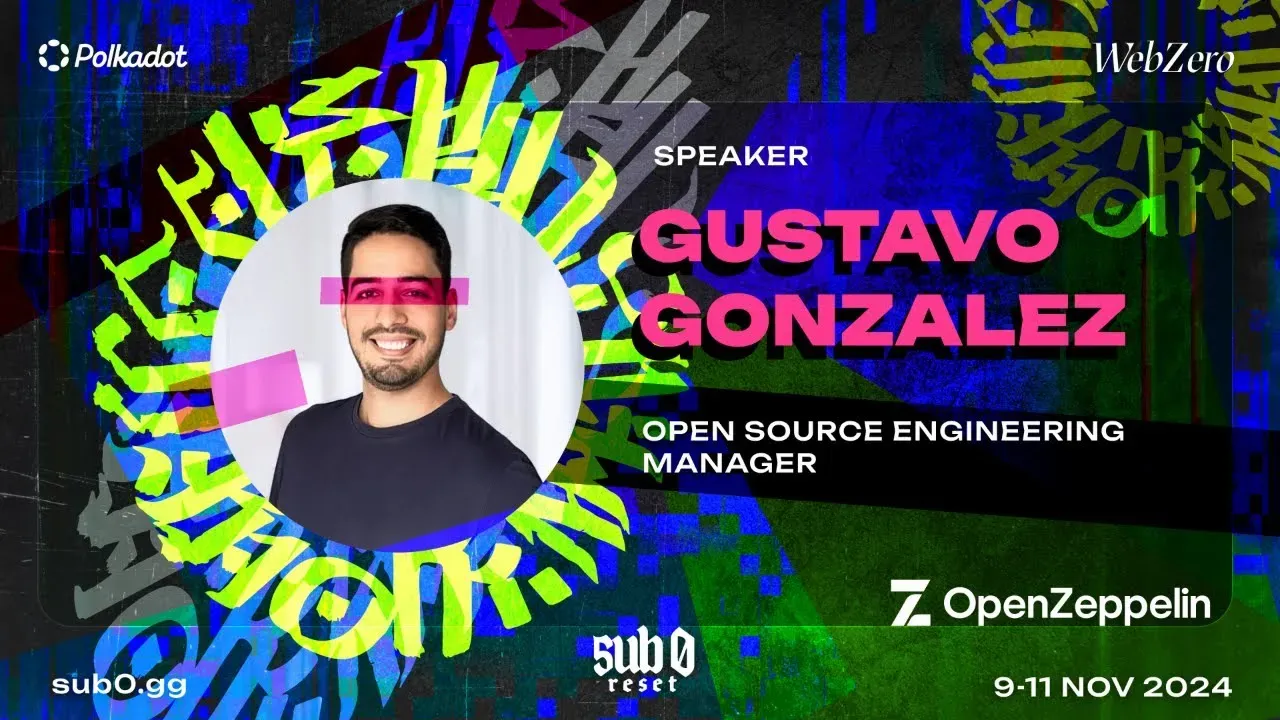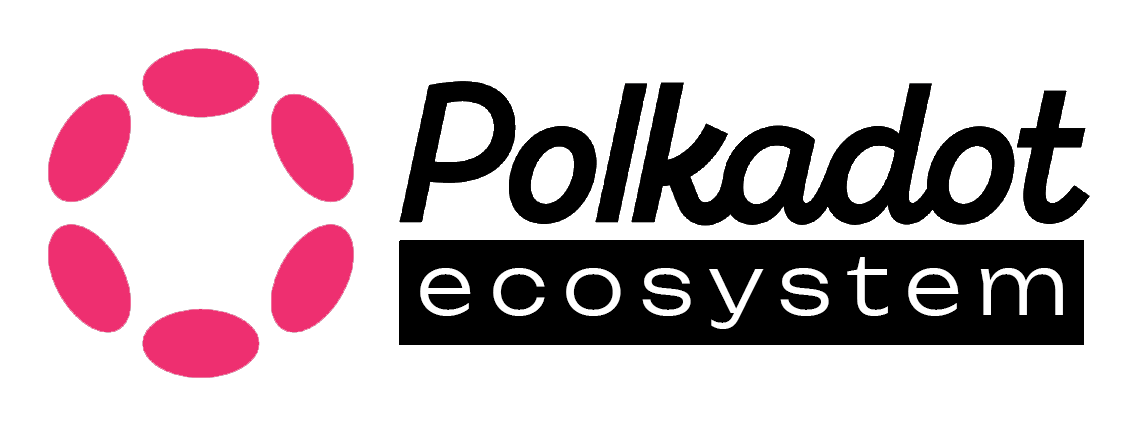Reimagining Developer Experience with Pallet Abstraction and OpenZeppelin Templates
Ce contenu n’est pas encore disponible dans votre langue.

Introduction
The developer experience in blockchain technology is constantly evolving. With advancements in ecosystems like Polkadot, creating application-specific blockchains or “parachains” has become a vital part of Web3 development. OpenZeppelin, a pioneer in secure software libraries, has introduced innovations such as pallet abstraction and runtime templates to simplify parachain development and enhance security.
This article explores how OpenZeppelin is transforming developer workflows in the Polkadot ecosystem through pallet abstraction and the use of OpenZeppelin templates. These innovations aim to reduce complexity, eliminate repetitive tasks, and improve the accessibility of parachain development, aligning with industry trends toward decentralized, app-specific blockchain solutions.
Understanding the Polkadot Ecosystem
Polkadot is a scalable, interoperable blockchain platform that supports multiple parachains. These parachains allow developers to create tailored blockchains optimized for specific use cases, such as decentralized finance (DeFi), gaming, and non-fungible tokens (NFTs). Substrate, Polkadot’s modular framework, powers these parachains, offering unparalleled flexibility.
Despite its strengths, Substrate presents challenges for newcomers due to its steep learning curve and the intricate configurations required to implement parachains. OpenZeppelin addresses these barriers with tools designed to simplify development without sacrificing security or functionality.
The Role of OpenZeppelin in Blockchain Security
OpenZeppelin has been a cornerstone of blockchain security since 2015, providing open-source libraries for smart contracts and blockchain infrastructures. With nearly a decade of experience, the company has extended its expertise to the Polkadot ecosystem, focusing on reducing development complexity while maintaining high-security standards.
Key Contributions:
- Runtime Templates: Pre-configured parachain templates designed for specific use cases.
- Pallet Abstraction: A methodology for simplifying runtime development by abstracting configurations and repetitive code.
Pallet Abstraction: Simplifying Runtime Development
What Is Pallet Abstraction?
Pallet abstraction introduces macros that encapsulate Substrate’s complexity. These macros group essential functionalities into manageable units, hiding intricate configurations and providing sensible defaults. This abstraction enables developers to focus on building unique features for their parachains rather than managing low-level configurations.
Core Features of Pallet Abstraction
- Code Reduction: Eliminates repetitive and boilerplate code, reducing development time.
- Sensible Defaults: Offers secure and practical default settings for key configurations.
- High Configurability: Allows customization for advanced use cases.
- Security Focus: Incorporates OpenZeppelin’s industry-standard security practices.
OpenZeppelin Templates: The Building Blocks of Secure Parachains
OpenZeppelin’s runtime templates are pre-configured parachain blueprints designed for specific use cases. These templates provide a strong foundation for developers, integrating secure defaults and configurations to minimize vulnerabilities.
Available Templates:
- Generic Template: A basic parachain template for developers to build upon.
- EVM Template: Adds Ethereum Virtual Machine (EVM) compatibility, enabling developers to deploy Ethereum-based applications on Polkadot.
Future templates will address specialized use cases such as DeFi, gaming, and NFTs, providing developers with ready-to-use tools to jumpstart their projects.
Addressing Developer Pain Points
Despite Substrate’s flexibility, developers often encounter challenges such as:
- Complex Configurations: Substrate requires detailed configuration of types and traits.
- Code Duplication: Repetitive code across projects increases maintenance efforts.
- Limited Modularity: Existing solutions make it difficult to adopt only specific components.
Pallet abstraction and runtime templates address these issues by:
- Streamlining configurations through macros.
- Centralizing and simplifying code management.
- Enhancing modularity, allowing developers to pick and choose components.
Code Comparison: The Impact of Abstraction
Before Pallet Abstraction
Developers needed to write extensive configurations for even basic functionalities. A single parachain might require thousands of lines of code to define types, traits, and runtime constructs.
After Pallet Abstraction
With pallet abstraction macros, the same functionality can be implemented in a fraction of the code. Developers can focus on essential configurations while relying on secure defaults for the rest.
Expanding Functionality with Version 3.0
OpenZeppelin’s third major release introduces new features alongside pallet abstraction:
- Snow Integration: Built-in configurations for Snow, a trustless bridge between Ethereum and Polkadot.
- Consensus Flexibility: Enhanced support for alternative consensus mechanisms, enabling integration with third-party infrastructure providers like Tanssi.
These updates further reduce complexity and open new possibilities for parachain developers.
The Future of App-Specific Blockchains
The industry is moving toward app-specific blockchains as the natural evolution of decentralized applications. With advancements like Polkadot’s asynchronous backing and the introduction of new block space, the barriers to entry for parachain development are lowering.
OpenZeppelin’s tools play a crucial role in this transition by making parachains accessible to a broader range of developers. Whether for startups or established teams, the combination of pallet abstraction and runtime templates allows developers to focus on innovation rather than infrastructure.
Conclusion
Reimagining the developer experience is essential for advancing blockchain technology. OpenZeppelin’s contributions to the Polkadot ecosystem through pallet abstraction and runtime templates are reshaping how parachains are developed, making the process faster, simpler, and more secure.
By abstracting complexity and providing modular, pre-configured templates, OpenZeppelin is empowering developers to unlock the full potential of app-specific blockchains, driving innovation in Web3 development.
For more information or to explore these tools, visit OpenZeppelin’s repository or contact their team.

